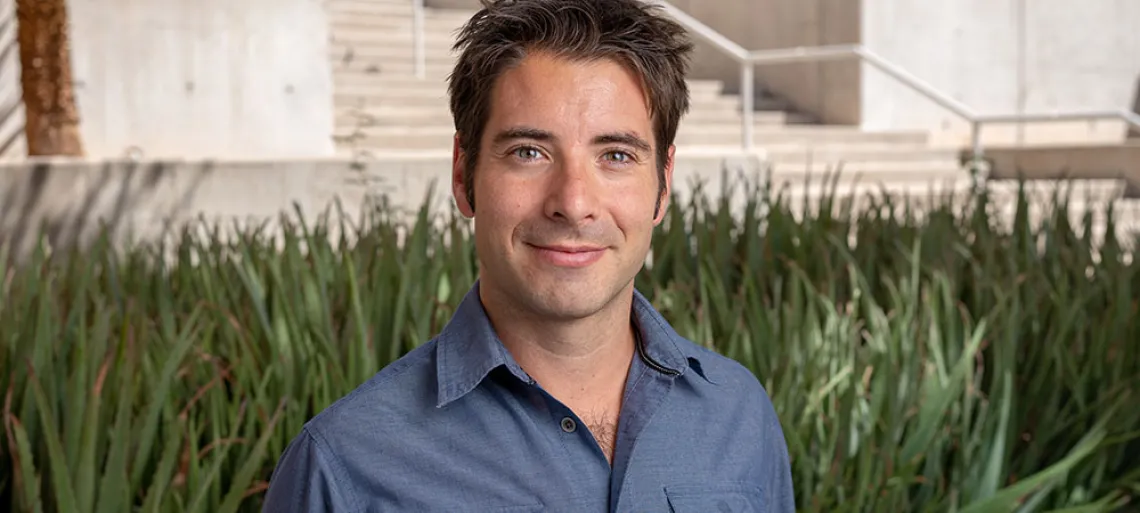New Eller Research Suggests Text Messages Can Motivate Vaccinations

To get vaccinated or not? That question has caused quite a bit of controversy, especially now in the COVID era. Most health experts and scientists agree that the COVID-19 vaccine could decrease the number of infections and save lives. So how can we encourage people to get it?
A recent study conducted by a team of researchers, including Eller College of Management Associate Marketing Professor Caleb Warren, shows that sending text messages to people prior to a primary care visit urging them to get an influenza (flu) vaccine can boost vaccination rates.
“Although COVID-19 differs from the flu in many ways, both are deadly respiratory diseases with an available vaccine that many Americans choose not to get,” says Warren. “It may be possible to move the needle on vaccination against the flu—and hopefully against COVID-19—with simple, low-cost nudges such as text messages.”
In the study, Katherine Milkman and the Behavioral Change for Good Initiative (BCGI) group led a team of 26 behavioral scientists, who worked in small groups to create 19 different text message protocols. Protocols varied the content and timing of up to two reminders to get a flu shot. The scientists partnered with Penn Medicine and Geisinger Health—two large health systems in the Northern U.S.—to send one of the 19 message protocols to 47,306 patients who had cell phone numbers recorded in their electronic health record and who had not opted out of receiving SMS appointment reminders. Patients received the text message reminders one to three days before their appointment.
“Our best-performing message reminded patients twice to get their flu shot at their upcoming doctor’s appointment and mentioned that a shot was reserved for them,” says Warren.
Findings from the study showed that nudges sent to patients prior to a primary care visit can boost vaccination rates by as much as 11 percent.
This study is forthcoming in PNAS Journal.

